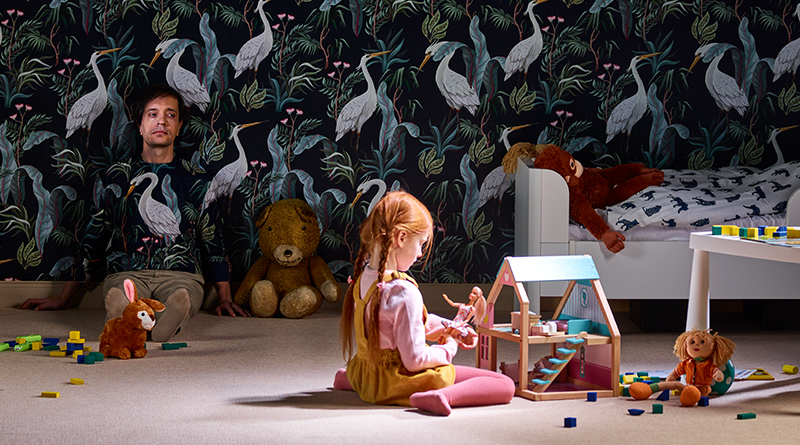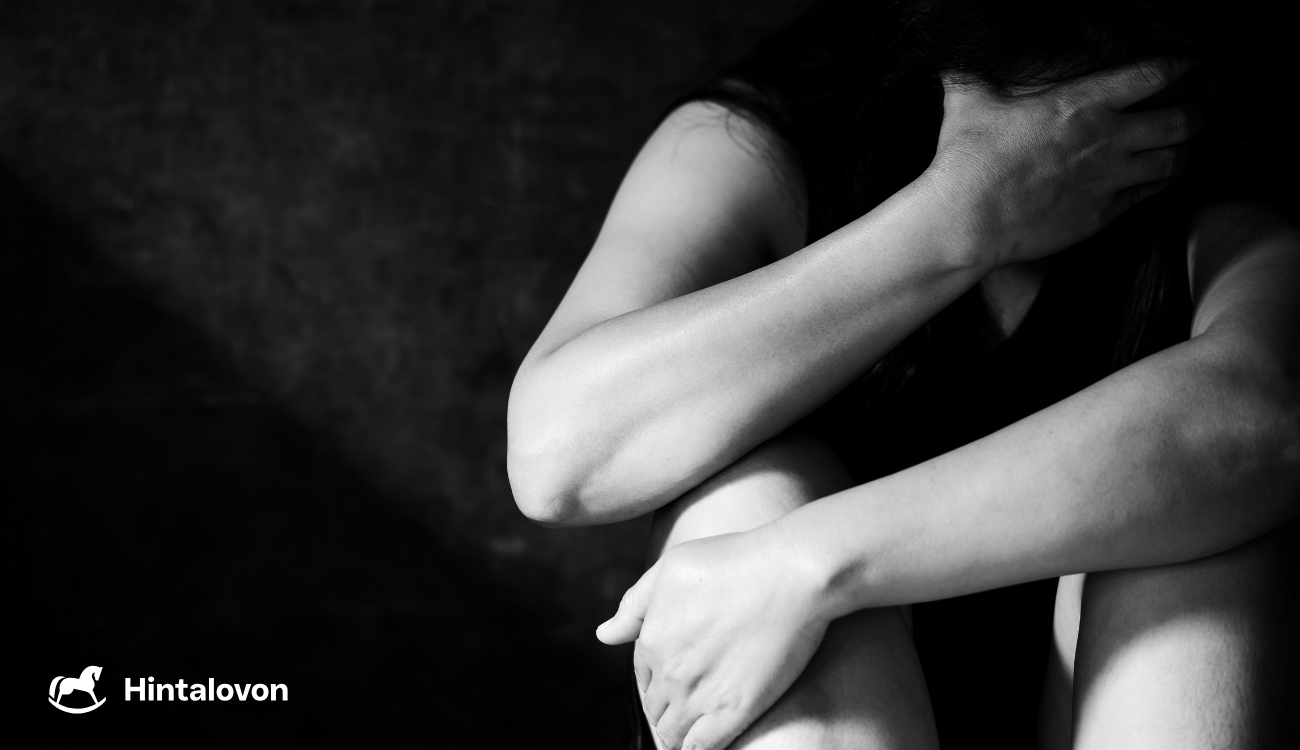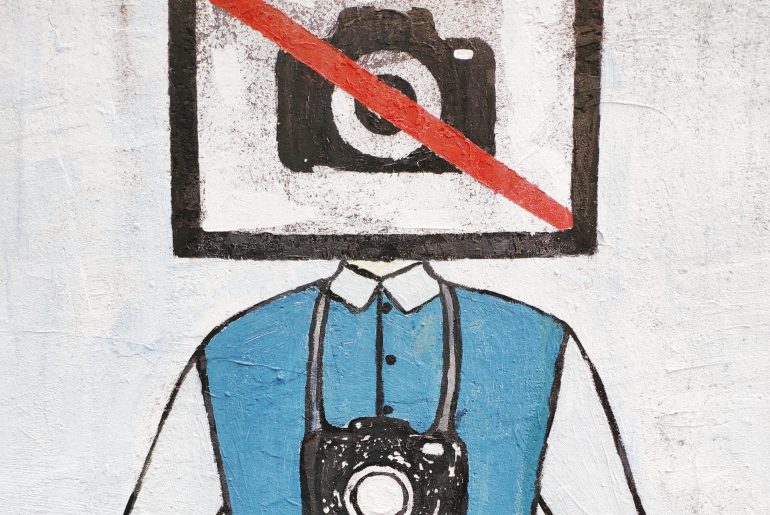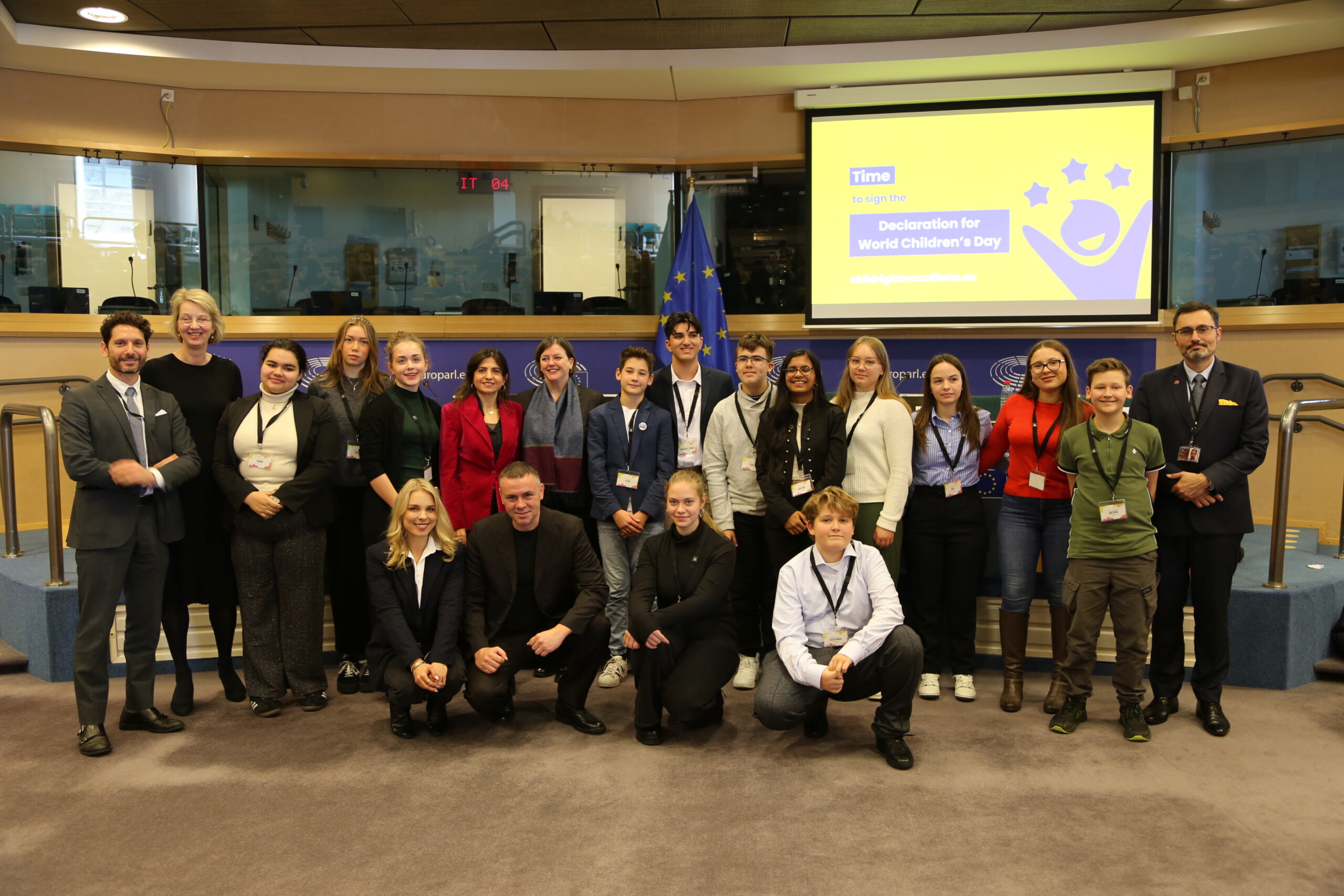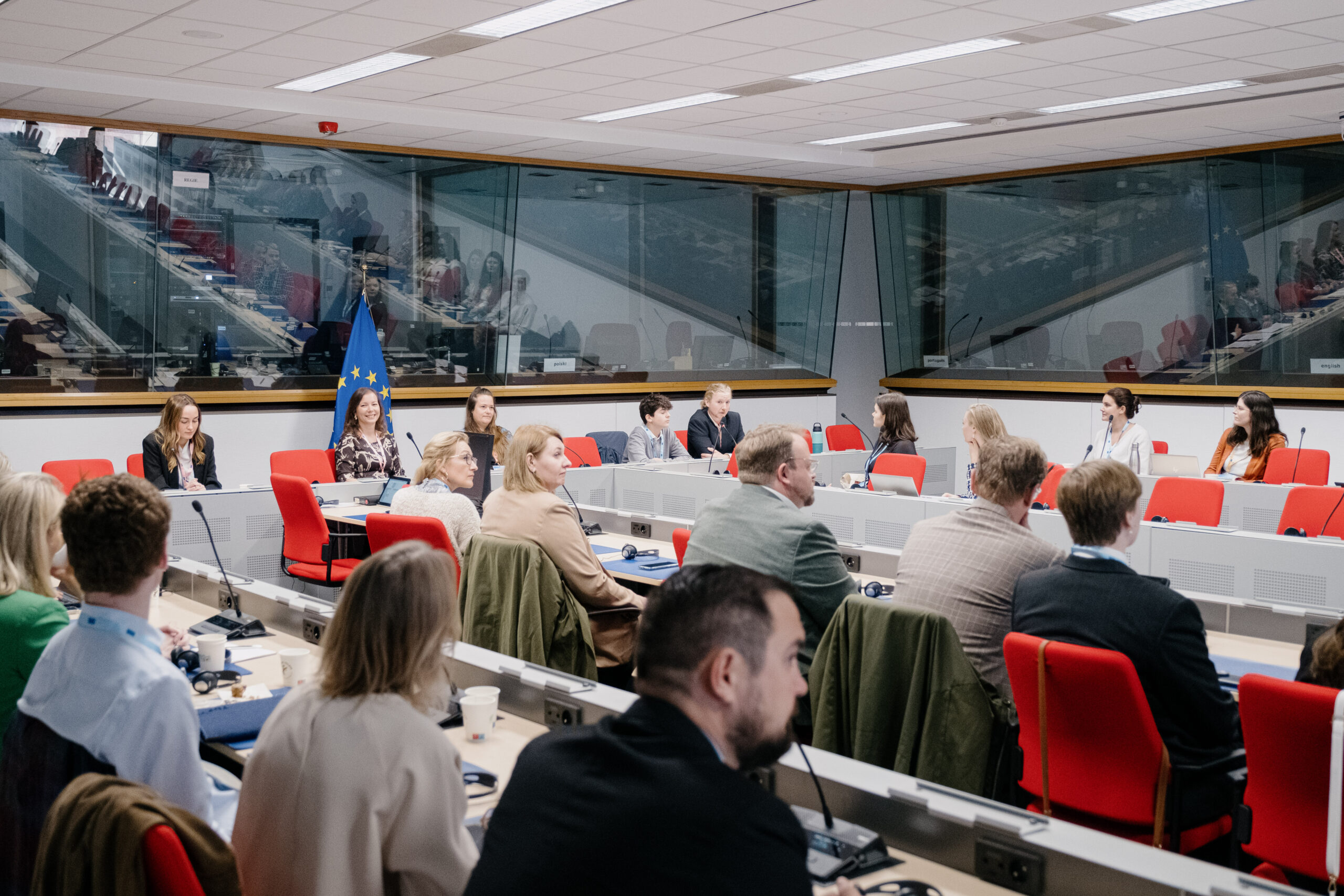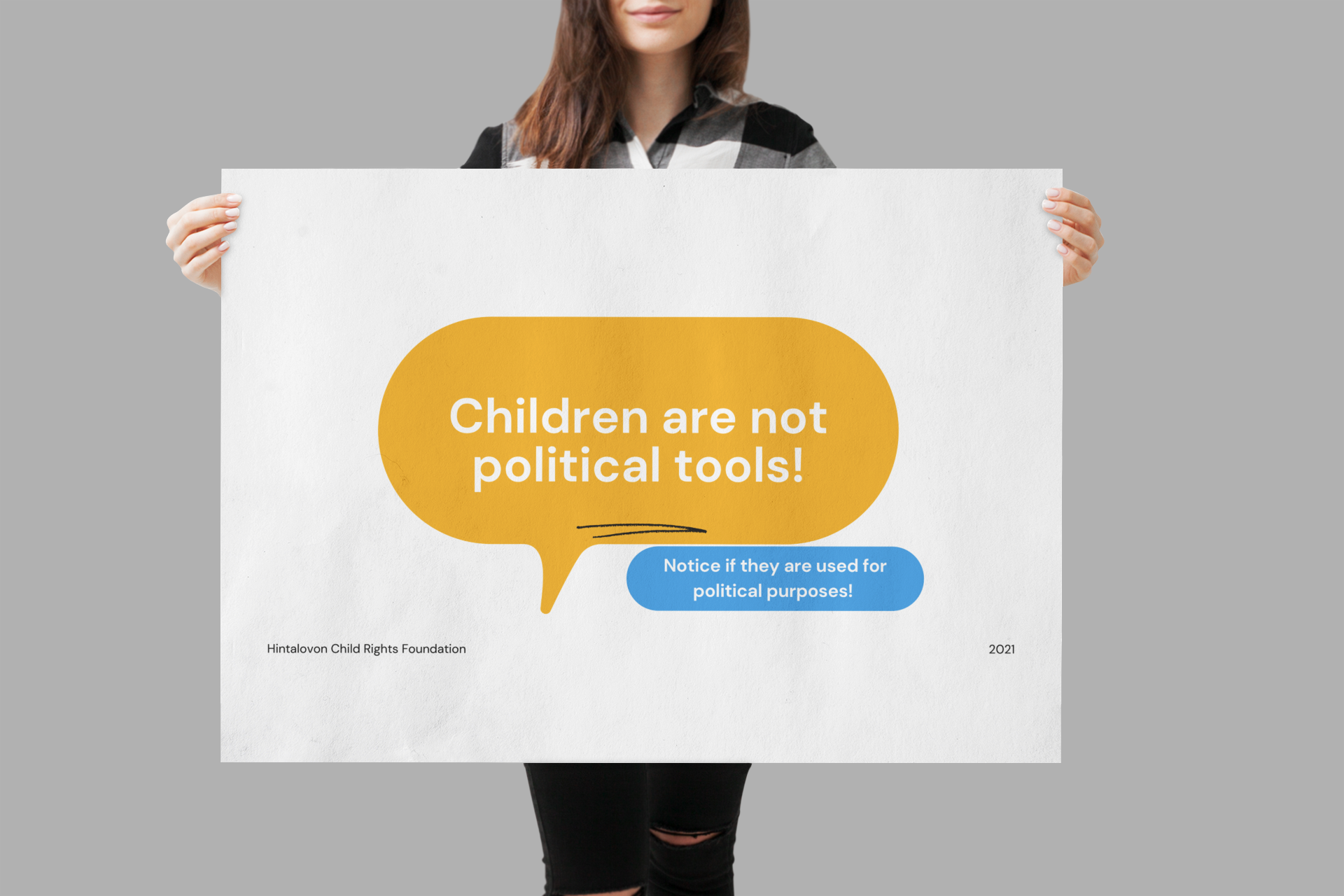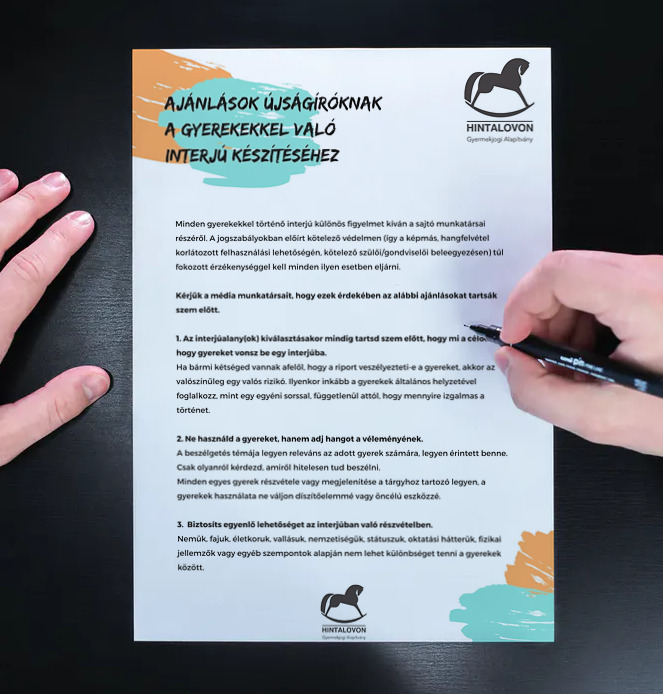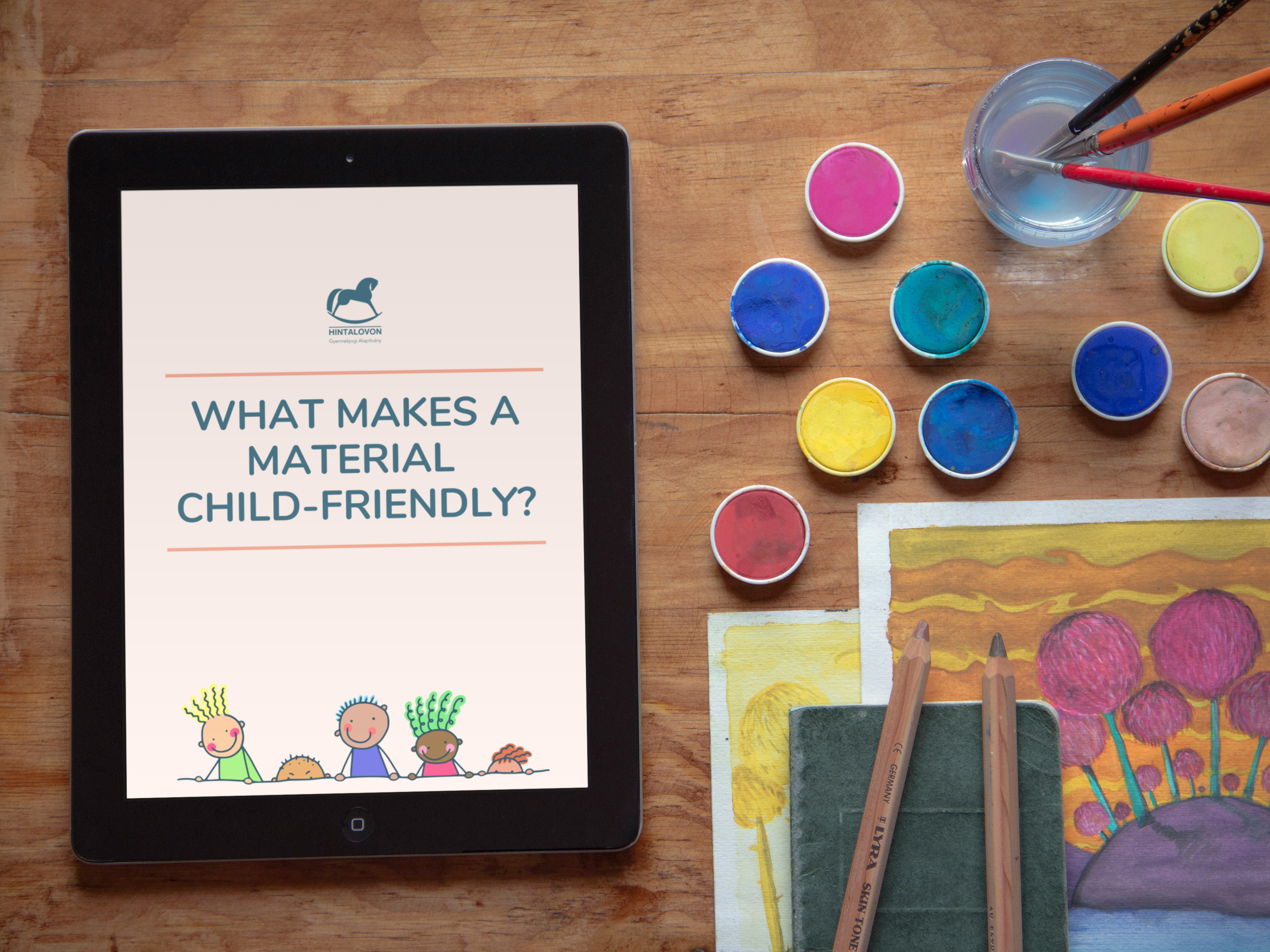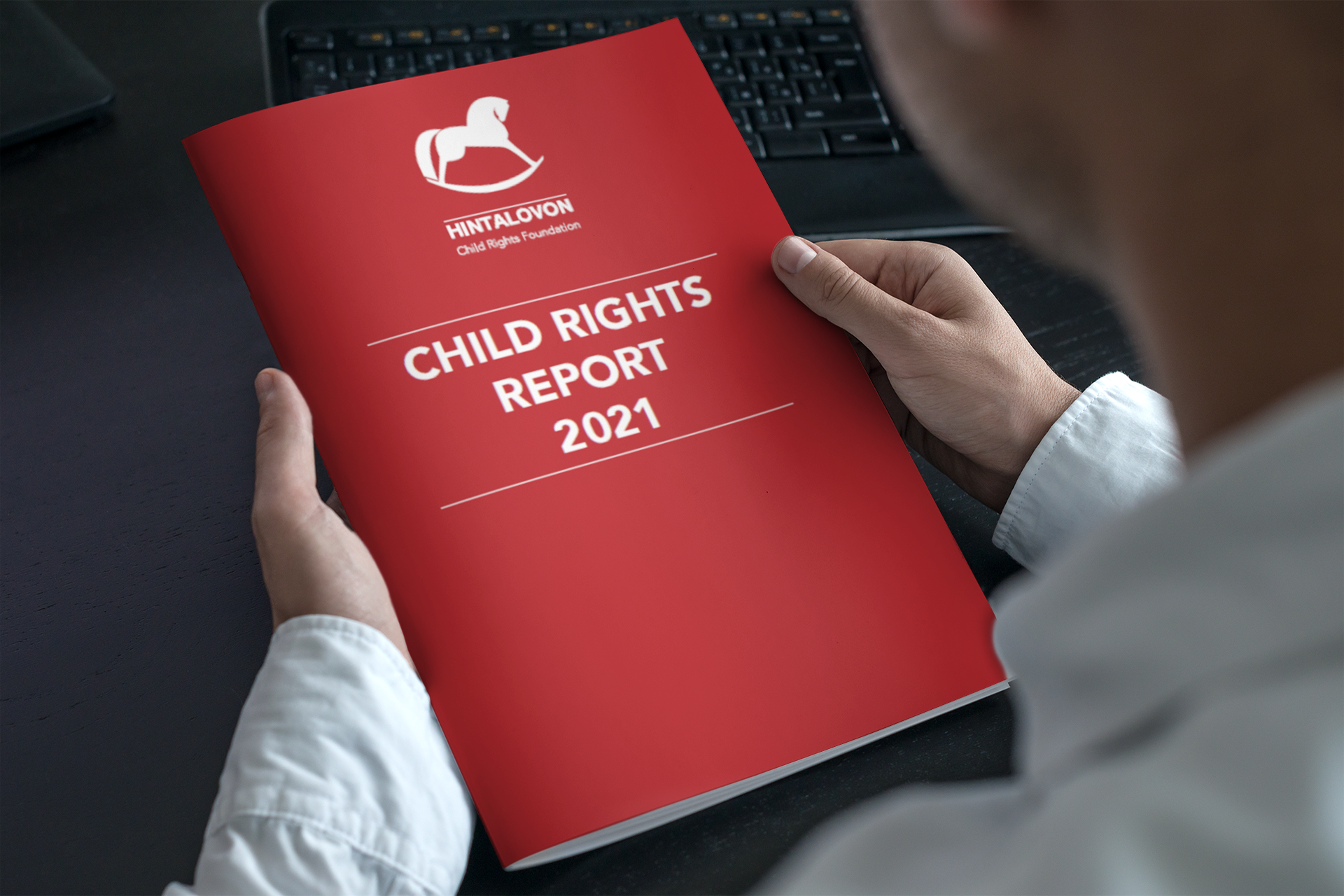The joint campaign of Magyar Telekom (Telekom Hungary) and Hintalovon Child Rights Foundation draws attention to the links we often fail to make when we first see a photo of a child posted online. This initiative of conscious digital behaviour seeks to increase parents’ awareness of how to ensure their children’s online safety.
Raising children in 2021 means that you also have to do well as a digital parent. But how can parents also become digital role models? What do they need to keep in mind to ensure their child’s safety now and in the future? What are the risks of photos shared on social media? These are some of the questions this campaign is seeking to answer with credible and directly applicable guidelines to parents.
According to statistics, people over the world upload nearly 1,000 photos on Instagram every minute and share more than 95 million posts and videos a day. Research has shown that photos showing our face get 38% more likes than those without a human face. Since last year, it has probably become more important than ever to stay in touch online and share the important moments of our lives. At the same time, it is just as important to take care of ourselves and each other, and not just offline. As adults, we have the possibility to decide on what and how we would like to share about ourselves on social media, but do we ever think about the risks we expose our kids to by uploading photos of them?
We believe that it is our duty as a telecommunications company, to offer services that provide quality online access at the same time we also have the responsibility to raise awareness of the conscious use of digital devices and opportunities. With our programme, we would like to show parents that children are exposed to many risks online that we often assume do not exist , and we aim to provide guidelines on how to find the right balance in sharing pictures of children online – István Kutas, corporate communications director at Magyar Telekom
What do our private spaces say about us? What impact do face recognition software have on our future? How can a story shared in our childhood later be linked to an unsuccessful job application? What does social media have to do with school bullying? How are childhood memories altered by the alternative reality created by pictures uploaded on social media? What is the link between sexual harassment and posts that contain information about one’s private life?

“You know that a company takes their customers seriously if they respect the rights of those customers, especially if they are children. This is why this cooperation is really important to us, as one should not withhold the risks of online space: they must be prevented through responsible behaviour. And with the launch of an educational campaign to foster parents’ online awareness, Magyar Telekom have pledged to give exemplary and responsible guidelines for their industry” – highlights Szilvia Gyurkó, head of the Foundation. We are talking about the child protection aspects of an industry that has one of the most dynamic growth figures, but whose regulatory standards are years behind the pace of development. Even the media and influencers often fail to use the different platforms consciously, and social media providers too are only starting to revisit their children policy. With the responsible use of online space, we could prevent serious problems concerning our society, privacy, and data protection. But for this to happen, we must act today.
It is important that parents and other key grown-up figures in a child’s life set a good example of how to behave in the digital world, since this will also determine to what extent (s)he will be a conscious user of the Internet. The goal of this campaign is to help grown-ups make sensitive and responsible decisions about who they share images of, when, and of what sort. Being well-informed as a parent and showing conscious digital behaviour will bring double benefits into children’s life, as not only will this help reduce their digital footprint, but will also increase their online awareness.
Don’t do anything that could harm your child – a thumb rule that could help in becoming a responsible digital parent. To this end, you should be aware of the minimum rules. Do involve children in the decisions that concern them, and do not post anything without their knowledge or consent. Respect their right to human dignity, and don’t share anything about them that is offensive or vulnerable, such as a naked photo. Children too have a private life, the protection of which is the responsibility of the parents. Children are entitled to protection from violence in the online world as well, so don’t put them in situations in which anyone can abuse their photos. And most importantly: have respect for what is in their main interest. Are you sure it is posting that picture?
